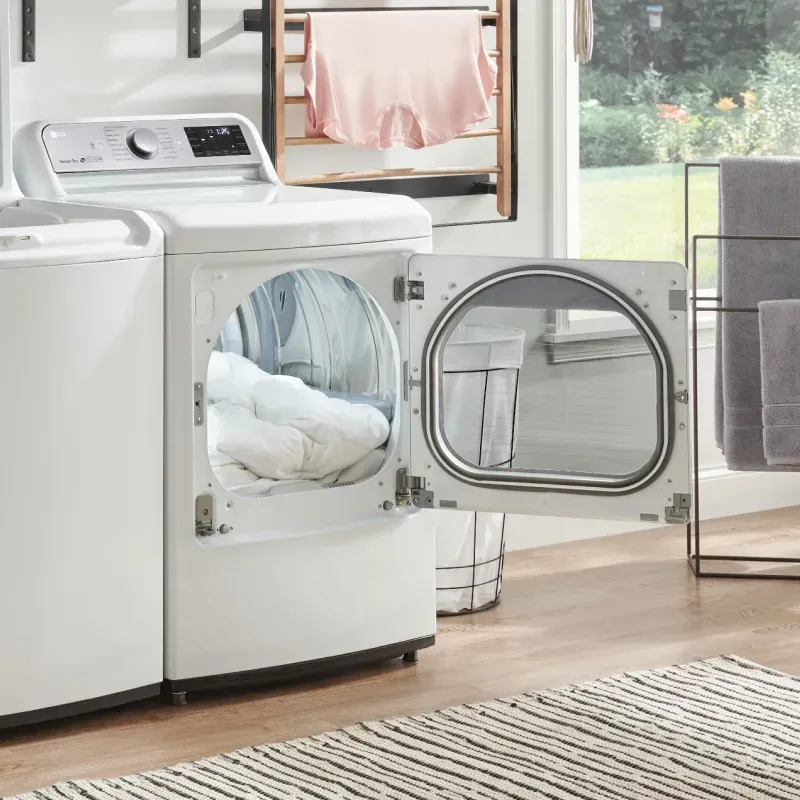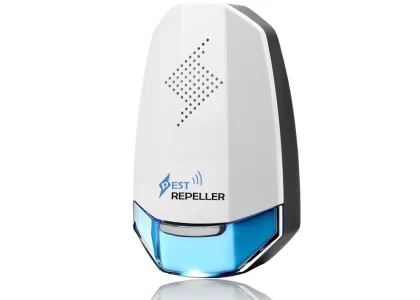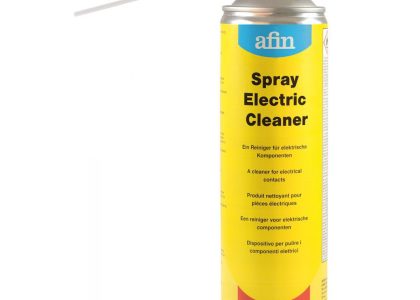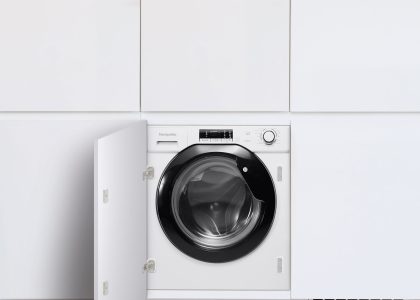Introduction to Appliance Rentals
How much does it cost to rent a washer and dryer? Renting appliances like washers and dryers is a practical option for many. It saves the upfront cost of buying and offers flexibility. With rentals, you can use modern appliances without the commitment of a purchase. But before diving in, it’s essential to understand how the rental market works. This includes knowing the average rental rates and what factors affect these costs.
In this blog, we’ll explore how much it does cost to rent a washer and dryer, alongside other vital information. Whether you’re a student, renting your first apartment, or a homeowner in need of a temporary solution, this guide will help you navigate the renting landscape. Keep reading to make an informed decision about whether appliance rental is right for you and your budget.
Average Rental Prices for Washers and Dryers
Knowing the average rental prices for washers and dryers helps plan your budget. Costs can vary based on your location, appliance models, and rental period. On average, renting a washer and dryer together may cost from $30 to $50 per month. For high-end models, this cost could go up to $75 or more. Some rental companies offer weekly rates, typically around $10 to $15 a week. These prices can change based on market rates and special offers.
Industry trends show that metropolitan areas often have higher rental costs due to demand and cost of living. Smaller towns and communities may have lower prices. Always compare prices from different rental services to find the best deal. Remember, the price you see may not include taxes or service fees. Ask for a full breakdown of costs before you sign a rental agreement.
Look for bundle deals or discounts for extended rental contracts. Sometimes, renting longer can mean monthly savings. Also, consider if you need just one appliance or both. Renting a single washer or dryer usually costs less, but you might get a better deal when you rent them as a pair.
Renting vs. Buying: Pros and Cons
When deciding whether to rent or buy washers and dryers, weigh the pros and cons. Renting has its advantages. There’s no large initial expense, making it budget-friendly. You avoid maintenance and repair costs, as these often fall to the rental company. It gives you flexibility to upgrade models easily or move without the hassle of transporting heavy appliances.
However, renting may cost more in the long term. You’re also abiding by a rental agreement, which might have restrictions. You don’t build equity in the appliances, as you would if you owned them. Additionally, you may face limitations in choice or customization.
On the flip side, buying appliances requires a significant upfront investment. But it offers long-term financial benefits. Once paid off, you own the machines outright, and they can add to your home’s value. Owning lets you choose the exact model and features that fit your needs. Over time, if you maintain them well, they can serve you for many years without added costs.
Yet, owning comes with its own cons. Be ready to handle all repairs and maintenance. The appliances could become outdated, and trading up to newer models can be expensive. They’re also a fixed asset, which could be a consideration if you move frequently.
In summary, renting offers convenience and short-term affordability, while buying is a long-term investment with its own set of responsibilities. Consider your financial situation, lifestyle, and long-term plans before making a decision.
Factors That Influence Rental Costs
Beyond the average rates, several factors can influence how much it costs to rent a washer and dryer. Understanding these can help you budget more accurately.
- Location: As with many services, rental prices vary by location. Urban areas tend to have higher costs compared to rural regions.
- Appliance Model and Age: Newer and more advanced models typically come with higher rental fees. Basic older models may be more affordable.
- Rental Duration: Longer rental agreements can sometimes lower the monthly cost. Short-term rentals might be more costly per month.
- Additional Features: Units with extra features like steam or WiFi connectivity may cost more to rent.
- Supply and Demand: Times of high demand may drive up rental prices, such as during the beginning of a college semester.
- Rental Company: Different companies have varying pricing structures. It pays to shop around.
These factors make it clear that the cost of renting a washer and dryer involves more than just the listed price. Remember to consider these aspects alongside the baseline cost when evaluating rental options. This way, you ensure the decision you make aligns with your financial plans and needs.
Understanding the Rental Agreement and Terms
Before sealing the deal on a washer and dryer rental, scrutinize the rental agreement’s terms. This ensures no surprises later on. Here are key points to check in any rental contract:
- Rental Period: Confirm how long the agreement lasts and the terms for renewal.
- Monthly Costs: Understand the exact monthly fee and what it includes.
- Deposit: Check if you need to pay a security deposit and the conditions for its return.
- Maintenance and Repairs: Ensure clarity on who handles repair costs and maintenance responsibilities.
- Late Fees: Know the penalties for late payments to avoid extra charges.
- Termination Policy: Learn the process and potential costs for early contract termination.
- Appliance Replacement: Inquire about the protocol if the appliance stops working or needs replacement.
Take the time to ask questions and clarify any unclear points. A clear understanding of the agreement protects you from unexpected fees and conflicts. This step is vital for a stress-free rental experience.
Additional Fees to Consider
When you’re looking into how much it does cost to rent a washer and dryer, it’s crucial to factor in potential additional fees that might not be included in the advertised monthly rent. These fees can add up, impacting your total cost. Let’s review some of these costs that you should keep on your radar.
- Delivery and Installation: Renting a washer and dryer usually requires delivery and setup. Some companies may charge for this service. Always ask if there’s a fee.
- Service Fees: Maintenance and repairs are typically covered. But some rental companies may have service fees for particular scenarios. Make sure you know them.
- Utility Costs: Appliances increase electric and water bills. Consider this extra cost in your monthly budget.
- Late Payment Fees: Late payments can attract additional charges. Find out what the fees are and when they apply.
- Pick-up Fees: If you don’t renew your rental, there might be a fee for appliance pick-up. It’s wise to ask about this in advance.
- Cleaning Fees: At the end of the rental period, you may need to return the appliances clean. Some rentals may include a cleaning fee if returned dirty.
- Cancellation Fees: Cancelling a rental agreement early can incur costs. Understand the policy and fees for cancellations.
To avoid surprises, get a full cost breakdown before signing a rental agreement. This detailed approach will help you decide if renting is indeed the best financial choice for you.
Benefits of Renting Washers and Dryers
Renting washers and dryers has several benefits, especially for those needing flexibility and cost-effectiveness. Consider the following advantages when making your decision:
- Flexibility: Renting lets you move freely without the burden of heavy appliances. If your living situation changes, you’re not tied down by owned bulky machines.
- Low Upfront Costs: There’s no need for a large initial investment. This can be particularly beneficial if you’re budgeting or saving money for other expenses.
- Maintenance Free: The rental company typically handles repairs and maintenance. This means fewer worries for you and no extra costs for servicing the appliances.
- Up-to-date Models: Rental agreements often include the option to upgrade to newer models. This keeps you up to date with the latest appliance technology and features.
- Trial Opportunities: If you’re unsure about committing to certain models, renting allows you to try them out first. This way, you can test if the appliance meets your needs before making a purchase.
- No Resale Hassle: Selling appliances can be time-consuming and may not return much value. With renting, this isn’t an issue—you simply return the items at the end of the rental term.
The benefits of renting may outweigh the drawbacks, depending on your personal circumstances. It’s all about assessing your needs, lifestyle, and financial situation to decide if renting is the right choice for you. If you value flexibility, dislike maintenance chores, and want to avoid high upfront costs, renting might be the perfect solution for your laundry needs.
How to Find the Best Rental Deals
Finding the best deals on washer and dryer rentals takes some research and savvy shopping. Here are some strategies to secure the best rates and terms for your appliance rentals:
- Compare Prices: Start by comparing rates from different rental companies. Use online tools and visit local stores to get a range of prices.
- Negotiate Terms: Don’t hesitate to negotiate with rental companies. Ask for discounts, especially for longer rental periods.
- Look for Promotions: Keep an eye out for special deals or promotions. Companies may offer discounts during off-peak seasons.
- Check Reviews: Read customer reviews to find reliable rental services with good customer care. This can save you from future hassles.
- Bundle Services: If you need multiple appliances, ask about bundle deals. Renting more than one item from the same company can lead to savings.
- Understand the Fine Print: Make sure you read and understand the rental agreement. Hidden fees can turn a good deal into a costly one.
- Ask About Price Match: Some companies will match the rental rates of competitors. Bring competitor offers and ask for price matching.
- Consider Refurbished Models: Rental companies might offer refurbished appliances for less. These can be just as good as new but at a lower cost.
- Timing Matters: Time your rental for when demand is low, like after the start of the school year. Prices may drop when demand decreases.
By following these tips and keeping the discussed factors in mind, you can find a rental agreement that fits your budget and need for convenience. The key is to stay informed and proactive in your search for the best appliance rental deals.

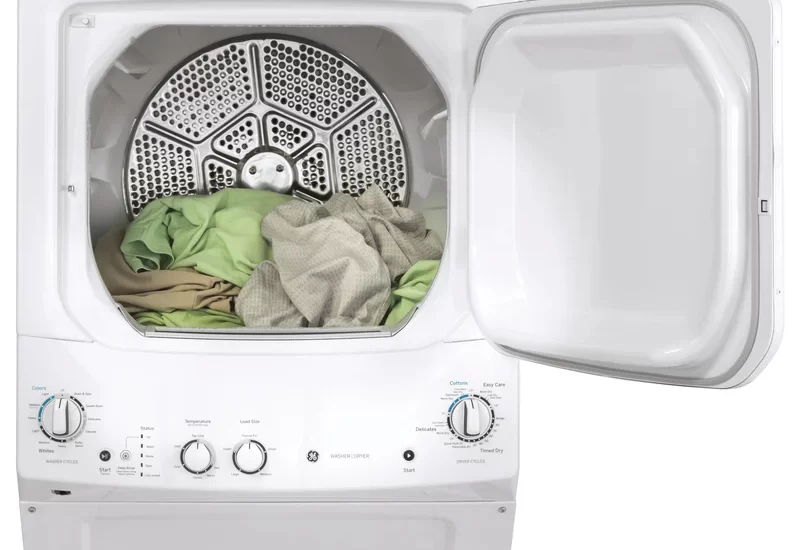
;Resize=(703,703))
